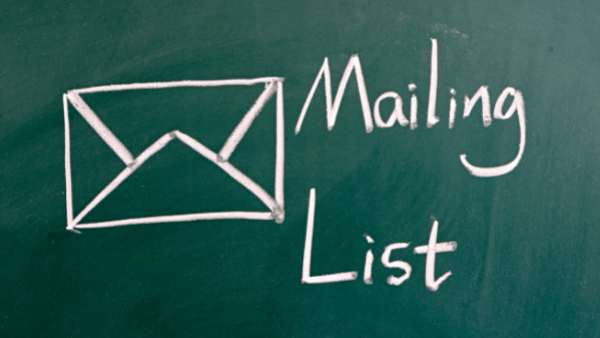Ecuador Earthquake Donation Tips

BBB Wise Giving Alliance Offers Tips for Ecuador Earthquake Relief Donations
Arlington, VA – With hundreds killed and thousands injured by the devastating earthquake in Ecuador over the
weekend, generous Americans are already seeking ways to support those in need through donations. BBB Wise Giving Alliance
advises donors to avoid being taken advantage of by questionable solicitations or wasting their money on poorly managed
relief efforts.
“The news out of Ecuador is heartbreaking,” said H. Art Taylor, president and CEO of the BBB Wise Giving Alliance. “People
want to help as soon as possible, and that is wonderful, but donors need to follow some key rules about supporting disaster
relief so that their gifts get to those who need them most.”
Across the world, relief and development organizations and governments have begun responding to the earthquake in Ecuador.
American charities have also begun accepting donations to assist in the region. BBB WGA suggests that before you choose
a charity to give to, read this
Disaster Relief Donations tip (below) and remember to check out the charity on
Give.org.
BBB WGA has a list of nationally soliciting charities that have been accredited by BBB WGA (i.e., meet all
20 BBB Charity Standards), and indicate that they are collecting contributions to assist Ecuador relief efforts.
The list, which will be updated as more charities join the efforts, is available at
bbb.org/ecuador
BBB Wise Giving Alliance offers donors these tips for disaster relief giving:
Be cautious when giving online. Be cautious about spam messages and emails that claim to link to
a relief organization. If you want to give to a charity involved in relief efforts, go directly to the charity’s website.
Rely on expert opinion when it comes to evaluating a charity. Be cautious when relying on third-party
recommendations such as bloggers or other websites, as they may not have fully researched the relief organizations they
list. The public can go to
www.give.org to research relief organizations and other charities to verify that they are accredited by the BBB which
means they meet the 20 Standards for Charity Accountability.
Be wary of claims that 100 percent of donations will assist relief victims. Despite what an organization
might claim, charities have fund raising and administrative costs. Even a credit card donation will involve, at a minimum,
a processing fee. If a charity claims 100 percent of collected funds will be assisting earthquake victims, the truth
is that the organization is still probably incurring fund raising and administrative expenses. It may use some of its
other funds to pay these costs, but the expenses will still be incurred.
Find out if the charity has an on-the-ground presence in the impacted areas. Unless the charity already
has staff in the affected areas, it may be difficult to bring in new aid workers to provide assistance quickly. See if
the charity’s website clearly describes what the charity can do to address immediate needs.
Find out if the charity is providing direct aid or raising money for other groups. Some charities
may be raising money to pass along to relief organizations. If so, you may want to consider “avoiding the middleman”
and giving directly to those that have a presence in the region. Or, at a minimum, check out the ultimate recipients
of these donations to see whether they are equipped to provide aid effectively.
Gifts of clothing, food or other in-kind donations. In-kind drives for food and clothing, while well
intentioned, may not necessarily be the quickest way to help those in need – unless the organization has the staff and
infrastructure to distribute such aid properly. Ask the charity about its transportation and distribution plans. Be wary
of those who are not experienced in disaster relief assistance.
ABOUT BBB WGA: BBB Wise Giving Alliance (BBB WGA) is a standards-based charity evaluator that seeks to verify
the trustworthiness of nationally-soliciting charities by completing rigorous evaluations based on 20 holistic standards
that address charity governance, results reporting, finances, fundraising, appeal accuracy and other issues. National
charity reports are produced by the BBB WGA and local charity reports are produced by local Better Business Bureaus –
all reports are available at
Give.org.
ABOUT BBB: For more than 100 years, Better Business Bureau has been helping people find businesses, brands and
charities they can trust. In 2014, people turned to BBB more than 165 million times for BBB Business Reviews on more
than 5.4 million businesses and Charity Reports on 11,000 charities, all available for free at
bbb.org.


